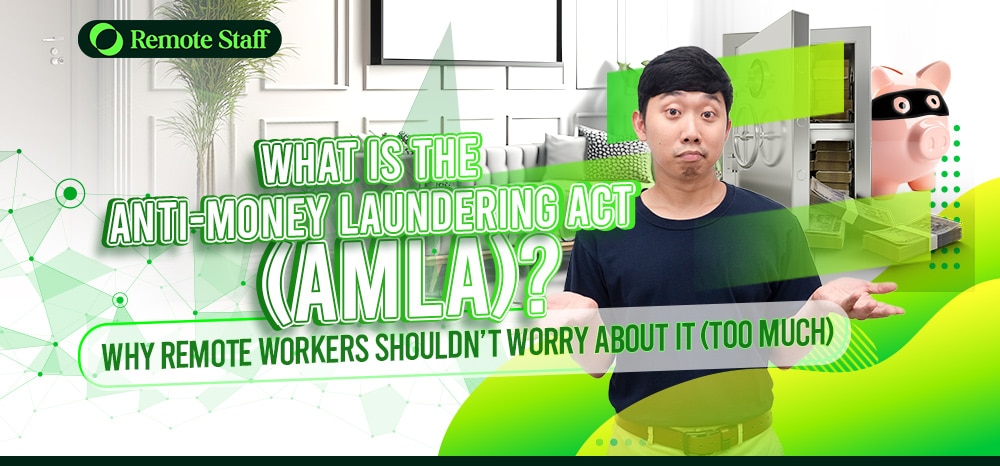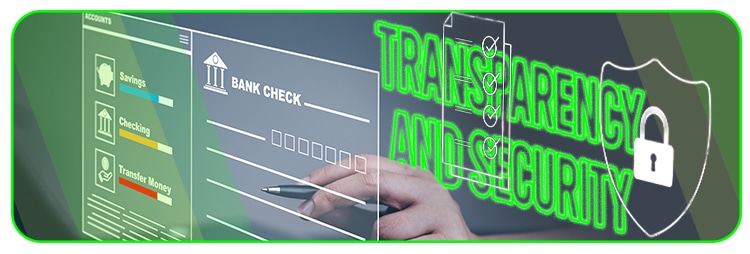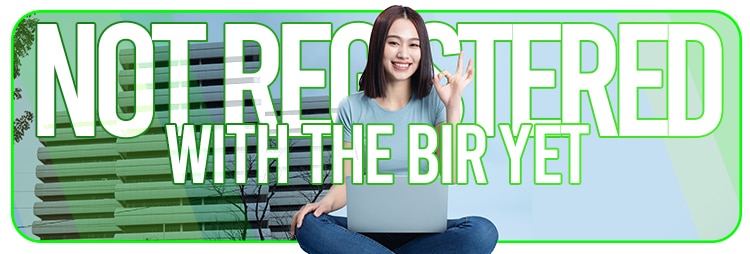Many budding remote workers are getting emails from their banks asking about the income from their online jobs.
Some banks are looking for various documents to verify the source of funds because of AMLA regulations.
AM-what?
Read on to find out more.
What is the Anti-money Laundering Act (AMLA)?
Republic Act No. 9160, also known as the Anti-Money Laundering Act of 2001 (AMLA) is a law designed to combat money laundering and terrorism financing.
Money laundering is when criminals make their ill-gotten wealth look like they come from legal activities. Ultimately to hide where the money really came from.
For instance, a drug cartel might channel their profits through seemingly legitimate businesses like restaurants or real estate investments.
Thus, many syndicates are funneling their income into various countries, and unfortunately, the Philippines is one of them.
AMLA was developed as a set of regulations and laws aimed at preventing, detecting, and prosecuting money laundering activities.
Financial institutions must report any suspicious transactions to authorities, which includes big deposits out of nowhere or transfers that don’t fit a certain pattern.
So should you worry if you receive such an email from your bank mentioning AMLA in the future? Not at all.
Here’s why you shouldn’t be concerned about AMLA when you work online:
Illegal Transactions Are the Focus
AMLA focuses on illegal activities, not legitimate transactions.
Banks request documents to comply with these rules, with the goal to protect both the clients and the financial system from illicit activities.
By enforcing stringent regulations, AMLA enhances the overall security and integrity of financial transactions.
It Enhances Transparency and Security
AMLA enhances transparency and security in financial transactions, which benefits everyone involved.
As a remote worker, you can be assured of safety because these measures help verify the legitimacy of transactions and protect you against fraudulent activities.
For example, there’s a common scam called the “overpayment scam,” where a client sends you a large amount of money, claims it was a mistake, and asks you to return the excess amount.
Foreign banks can reverse these transactions if they are found to be fraudulent.
In the overpayment scam, once the bank discovers that the initial payment was made with a fraudulent check or through a compromised account, they will reverse the transaction.
This leaves you liable for the money they sent back.
With AMLA, financial institutions can detect and report suspicious transactions, reducing the risk of falling victim to such scams.
Legitimate Income Sources Are Safe
Remote workers who earn income through legal means, such as freelancing or online businesses, have nothing to fear.
As long as your earnings are from lawful sources and you have the necessary documentation to prove it, there should be no issues.
“What if I’m Not Registered with the BIR yet?”
Can AMLA flag your income if you’re not registered yet with the BIR?
Possibly, yes. However, you won’t immediately be put in jail on these grounds.
You just need to provide some documents to prove that it’s from legitimate sources like contracts or agreements from your clients.
Still, it’s better to register to legitimize your remote working practice. You can check this link for the step-by-step registration process.
This way, you won’t need to worry about AMLA when you start earning from your remote working career.
Still looking for home based jobs in the Philippines? You can sign up with Remote Staff for the best remote working opportunities for Filipinos.
With Remote Staff, your income is coursed through a Philippine bank account and a legitimate institution with a legal entity in the country.
So you don’t have to worry about getting flagged by AMLA when you earn money through the jobs you can get with us.
Register today!






